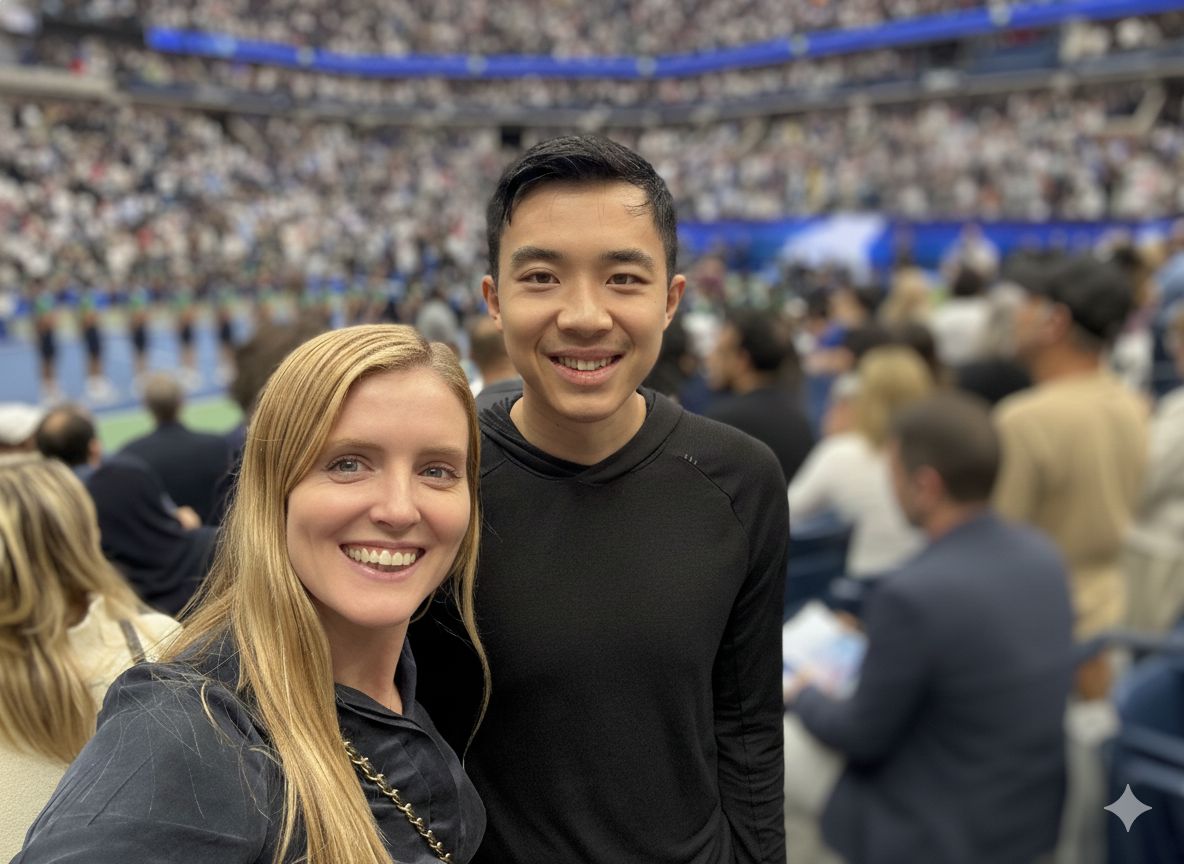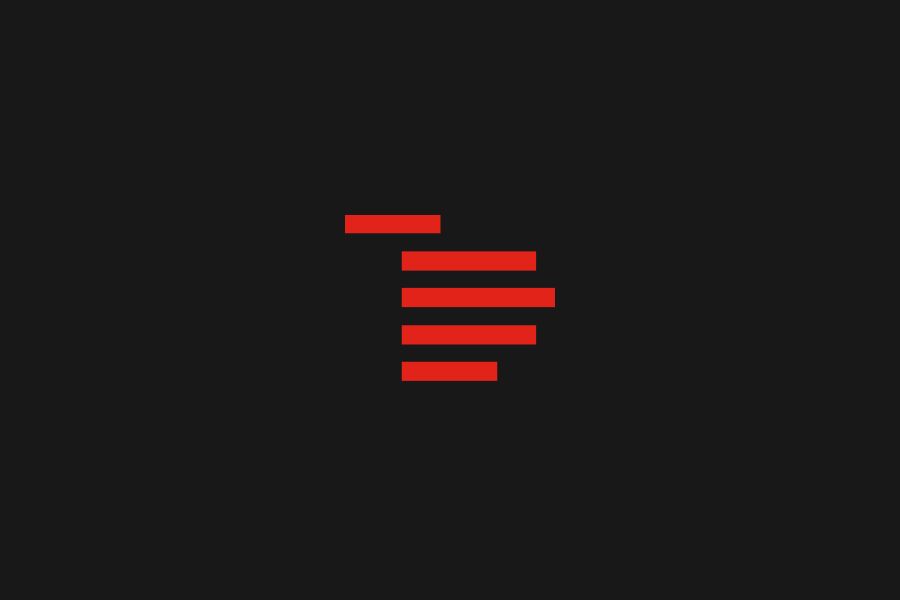Figma Goes Public: Thirteen Unforgettable Years with Dylan Field
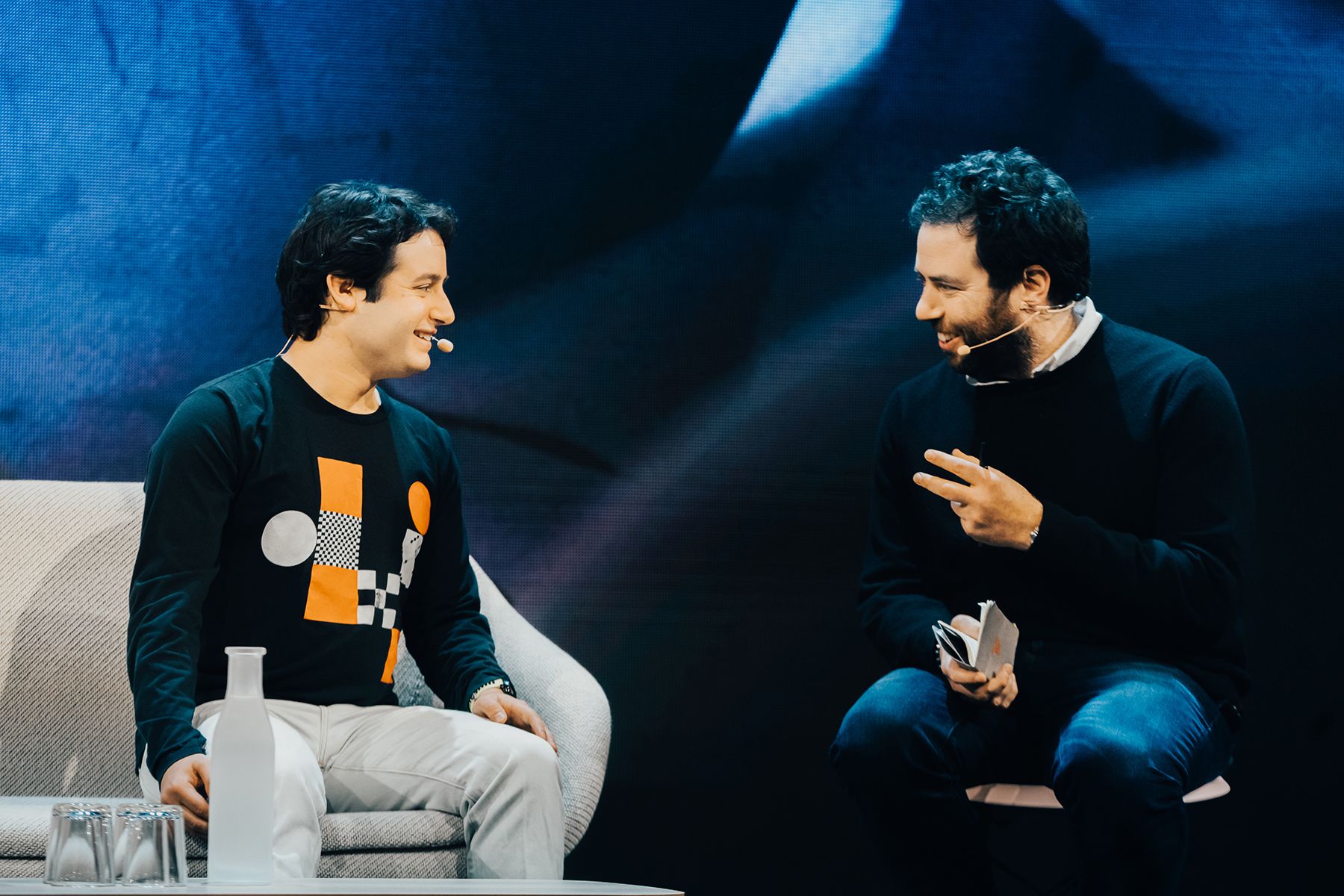
In 2011, I met an 18-year-old intern at Flipboard, one of our portfolio companies. He’d been doing customer research—talking to users and trying to help the team gain product insight. His analysis was good, but what stood out to me was his energy. He was genuinely curious, bubbling with ideas, and clearly lit up by the potential of building something people might love.
A year later, I was chatting with Jeff Weiner at LinkedIn about the next crop of great founders who might eventually take the mantle of some of the world’s best franchises like Microsoft Office and Adobe Studio. At one point, Jeff said, “We have this incredible intern I’m trying to hold onto, but the kid wants to start his own company. It sounds interesting. You should talk to him.” That intern, of course, was Dylan Field.
A week later, Dylan and his co-founder Evan Wallace came to Index’s San Francisco office and pitched us on Figma. Their vision was wide-ranging and ambitious—collaborative creative tools, built entirely in the browser. They still weren’t exactly sure what the product would be, but listening to Dylan talk, I knew he was someone who would pour his heart and soul into bringing it to life. And Evan, as a co-founder, seemed to have superior technical chops. For me, that was enough. We wrote them a check.
"At one point, Jeff [Weiner, of LinkedIn] said, 'We have this incredible intern I’m trying to hold onto, but the kid wants to start his own company. It sounds interesting. You should talk to him.'"
—Danny Rimer
Dylan and Evan’s story starts at Brown University, where Dylan was a CS student and Evan was his TA. They bonded over a new technology called WebGL, sensing an opportunity to bring GPU-level performance to the browser. Like the shift from Word to Google Docs, they believed product design tools would become more community-driven. Many people told them it was impossible. But they were convinced this was where the world was headed. Just as important, Dylan believed in Evan, and he worried that if Evan got a job after graduation, they’d miss their chance. So Dylan applied for a Thiel Fellowship, dropped out of Brown, and moved to San Francisco. Evan followed. And from there, Figma was born.
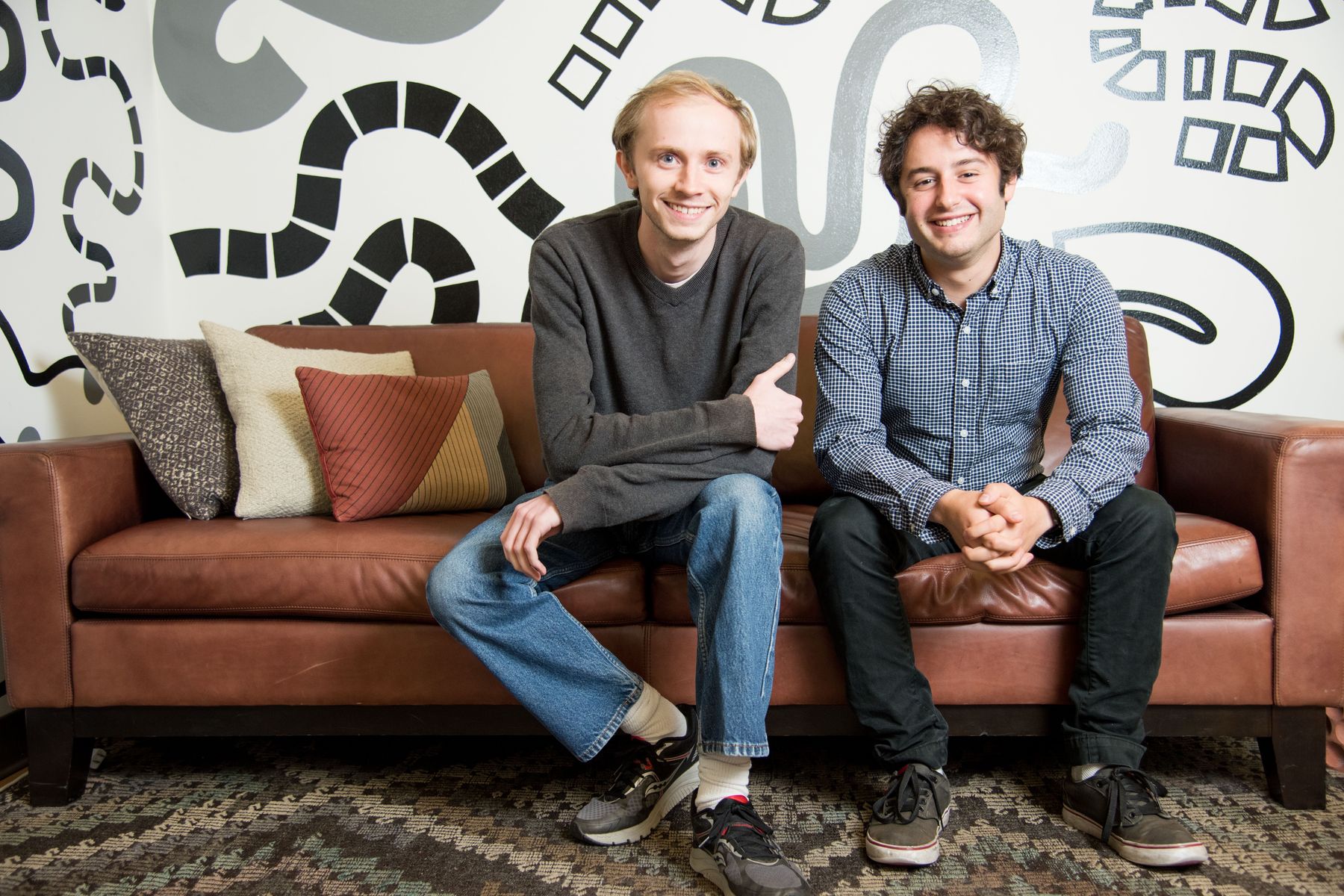
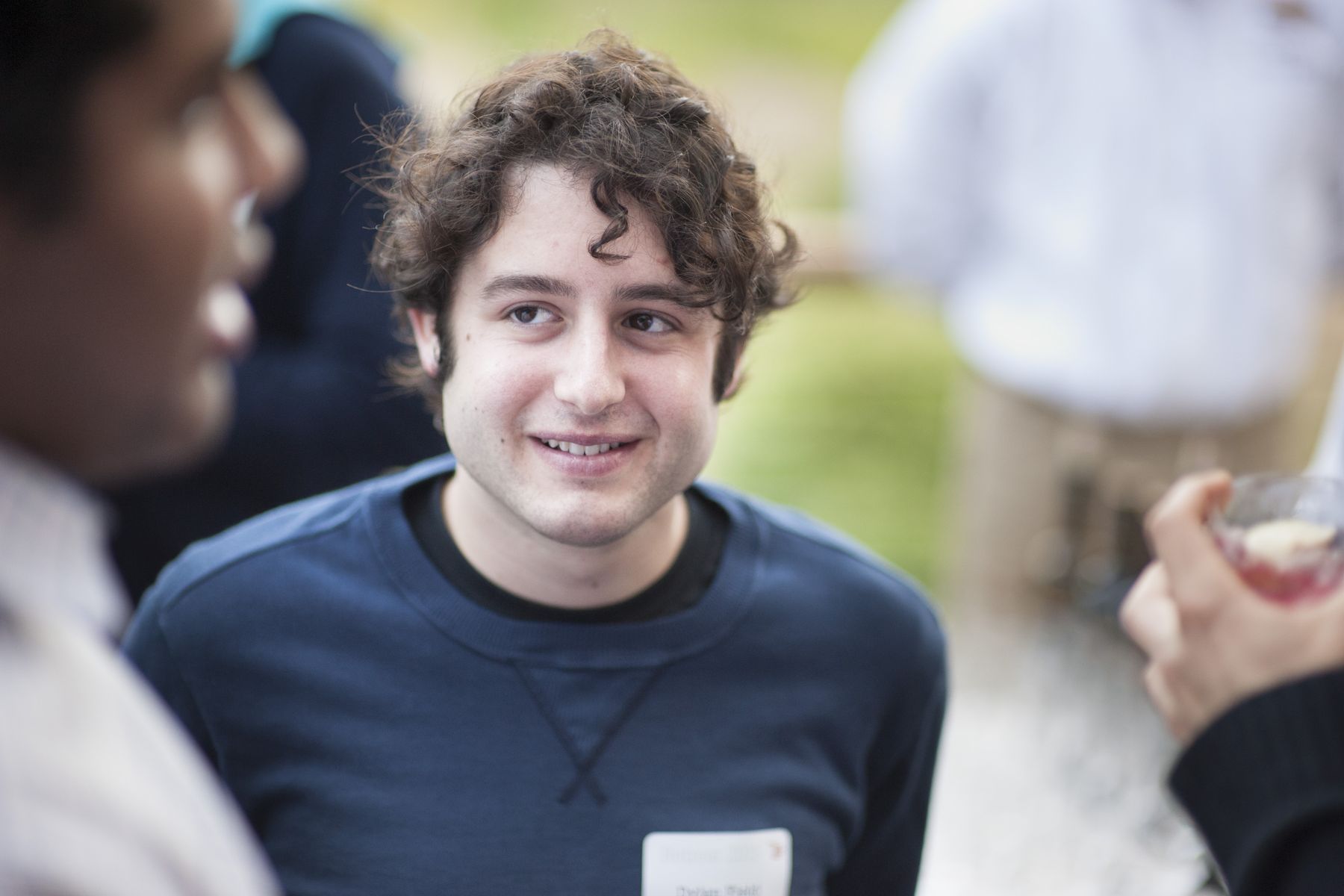
Today, Figma is a household name, but people often forget how long and hard the team worked to get there. For the first few years, Dylan and Evan operated largely under the radar, taking the time to understand their users and create a tool that fit their needs. It became something of a meme at Index for the team to ask Dylan, “When’s the product launching?” And every time, he would respond enthusiastically, “Next year! We want to get it just right.”
“The future won’t be designed by accident.”
—Dylan Field at Config 2025
When the product launched as a free tool in 2016, it immediately gained steam with users around the world. That meant a lot to Dylan, who dreamed of building a global company. I remember him calling me in 2018 to ask if I had any tips for things to do in Lagos. I’ve never been to Lagos. But Dylan was headed there for a Figma meetup. “I want to go wherever the Figma community is,” he repeatedly told me. Today, more than half of Figma’s revenue comes from outside the U.S., and over 80% of its users are international. That speaks to Dylan’s belief that great ideas and great designers come from everywhere.
It’s been incredible watching Figma’s journey over the years, but what I’ve loved most is seeing Dylan’s growth as a leader. He’s always been very self-aware. From the start, he made up for his lack of management experience by surrounding himself with people he could learn from and leaning into reverse mentorship. He also quickly understood what it means to be commercial. I still remember the board lunch when we urged him to start charging for the product. An enterprise customer had told him the same thing, saying, “We can’t scale Figma internally because no one believes you’ll be around in a year.” Dylan took that feedback, the team figured out a pricing model that worked, and growth took off.
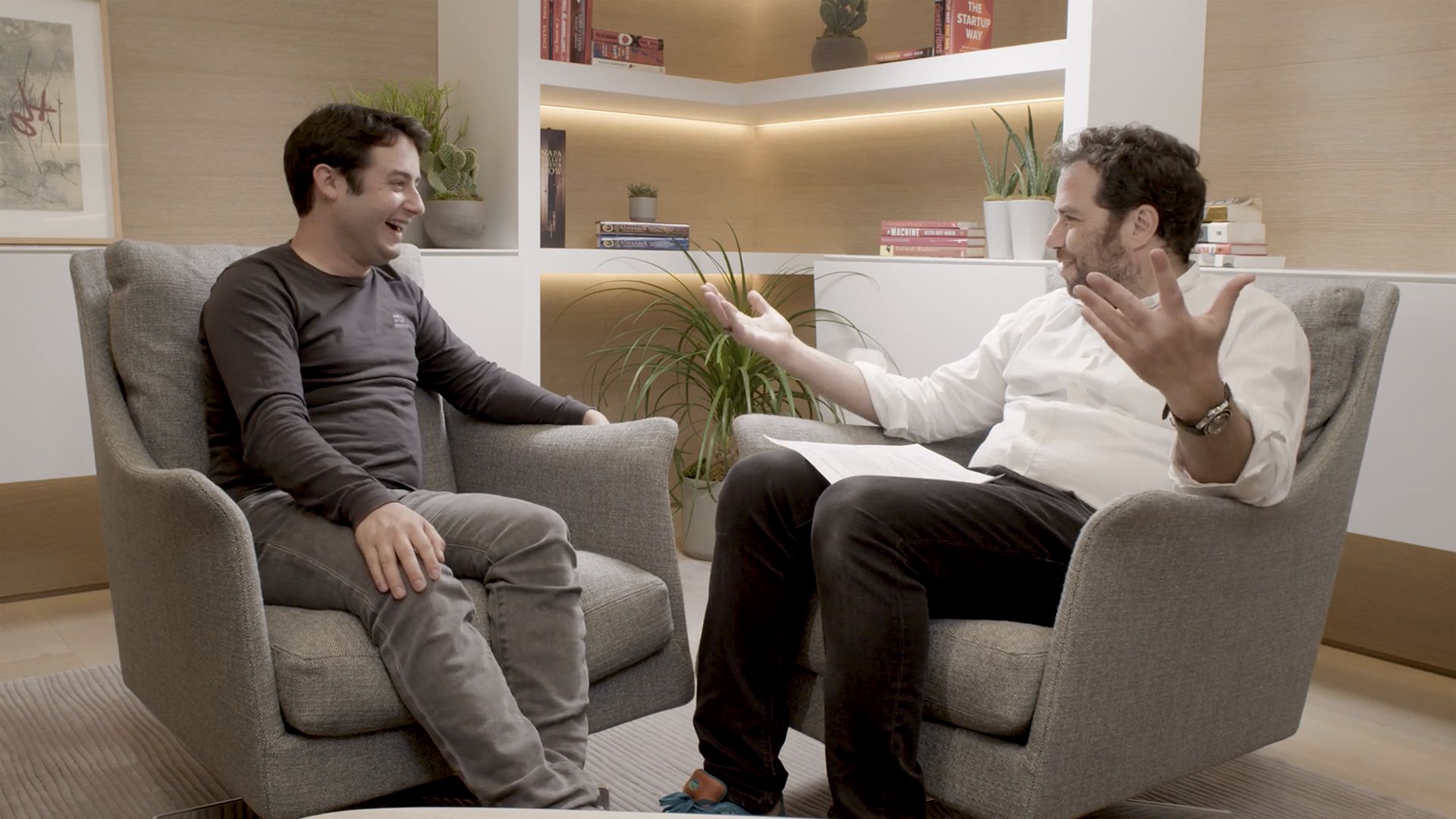
Dylan joins Danny for a Candid with Index interview in 2022
Maybe the best example of Dylan’s evolution came during the Adobe chapter. The world got to know Figma on a whole new level in 2022, when Adobe announced plans to acquire the company for $20 billion. That moment came with intense pressure and a spotlight few founders ever face. Dylan remained his usual grounded, transparent self. When the deal fell through a year later, he didn’t flinch. He turned the page and got right back to building.
The energy that followed was palpable. At Config (Figma’s annual user conference) this year, Dylan opened the keynote by saying, “The future won’t be designed by accident.” The team then unveiled four major new products—Figma Make, Figma Sites, Figma Buzz, and Figma Draw—taking the platform beyond design and into code, publishing, and content. Long a student of AI, Dylan and the team see these launches as part of a broader shift, expanding Figma’s role across the entire creative process while reinforcing design as the foundation.
"Dylan has shown that one can be ambitious and humble. Commercial and community-minded. Visionary and deeply human."
—Danny Rimer
Today, Figma serves over 13 million users each month, including 95% of the Fortune 500 companies. In 2024, the company generated $749 million in revenue, up nearly 50% from the previous year. It now has more than 1,000 customers spending over $100,000 annually, and more than 11,000 spending $10,000 or more. As AI transforms how software is built, Figma is poised to become the design system of record, enabling teams to go from idea to product faster than ever.

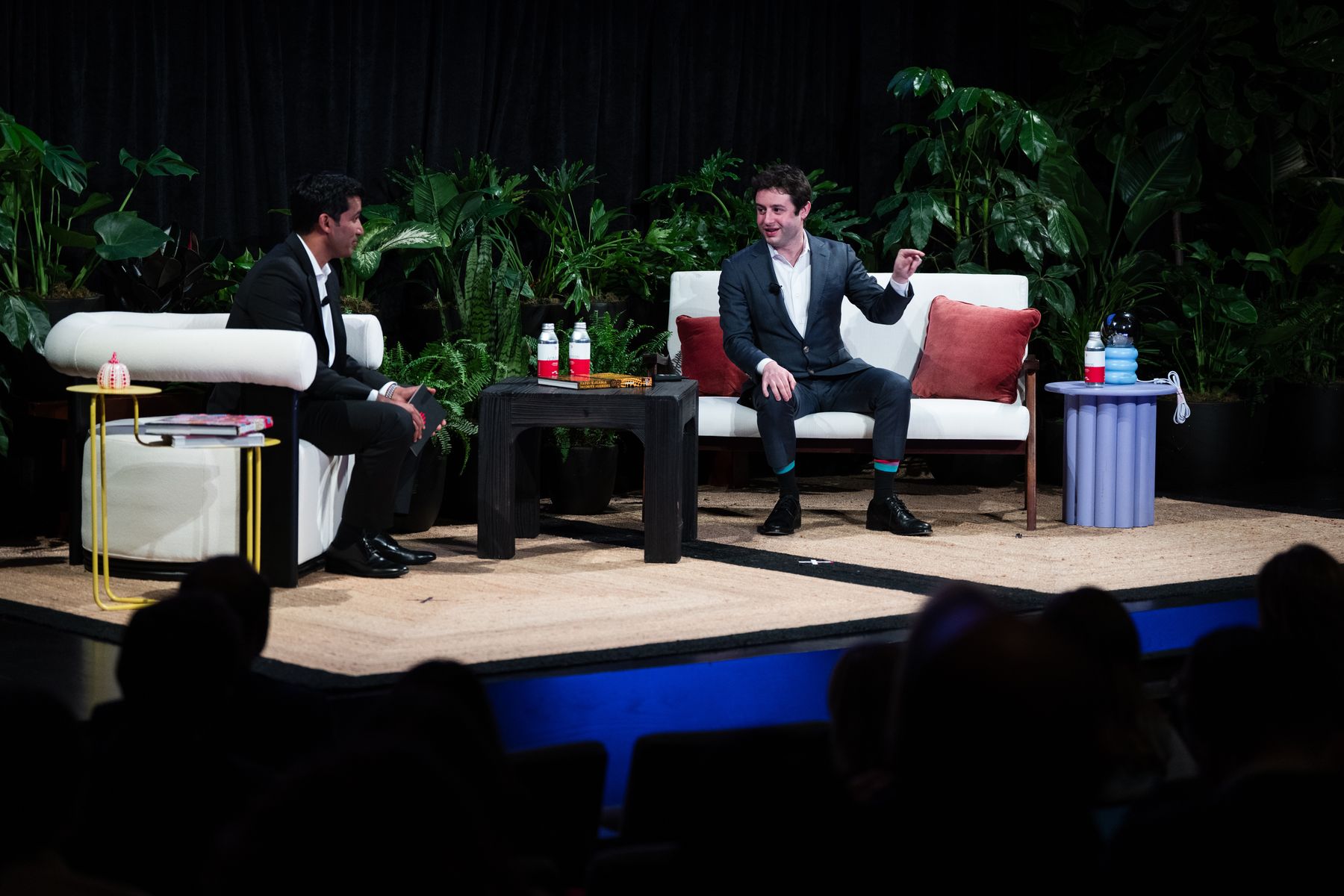
Over the years, I’ve gotten more than a few late-night calls from Dylan. Sometimes he was looking for advice. Other times, he just needed to talk. If I could go back and tell that Flipboard intern everything he would go through on his journey as an entrepreneur—all the highs, all the lows—I know exactly what he would say: “I’m in!”
This IPO is a huge milestone for an amazing company. But it’s also a personal one for a founder who dreamed of this path as a teenager, and who has never stopped pushing himself or his team. Dylan has shown that one can be ambitious and humble. Commercial and community-minded. Visionary and deeply human.
Dylan holds a special place with our team at Index. He’s been an incredible partner and supporter of our firm, and he knows everyone here by name. From all of us, a heartfelt congrats to Dylan and the entire Figma team. You’ve built something truly special, and I know this is only the beginning.
Published — July 31, 2025
-
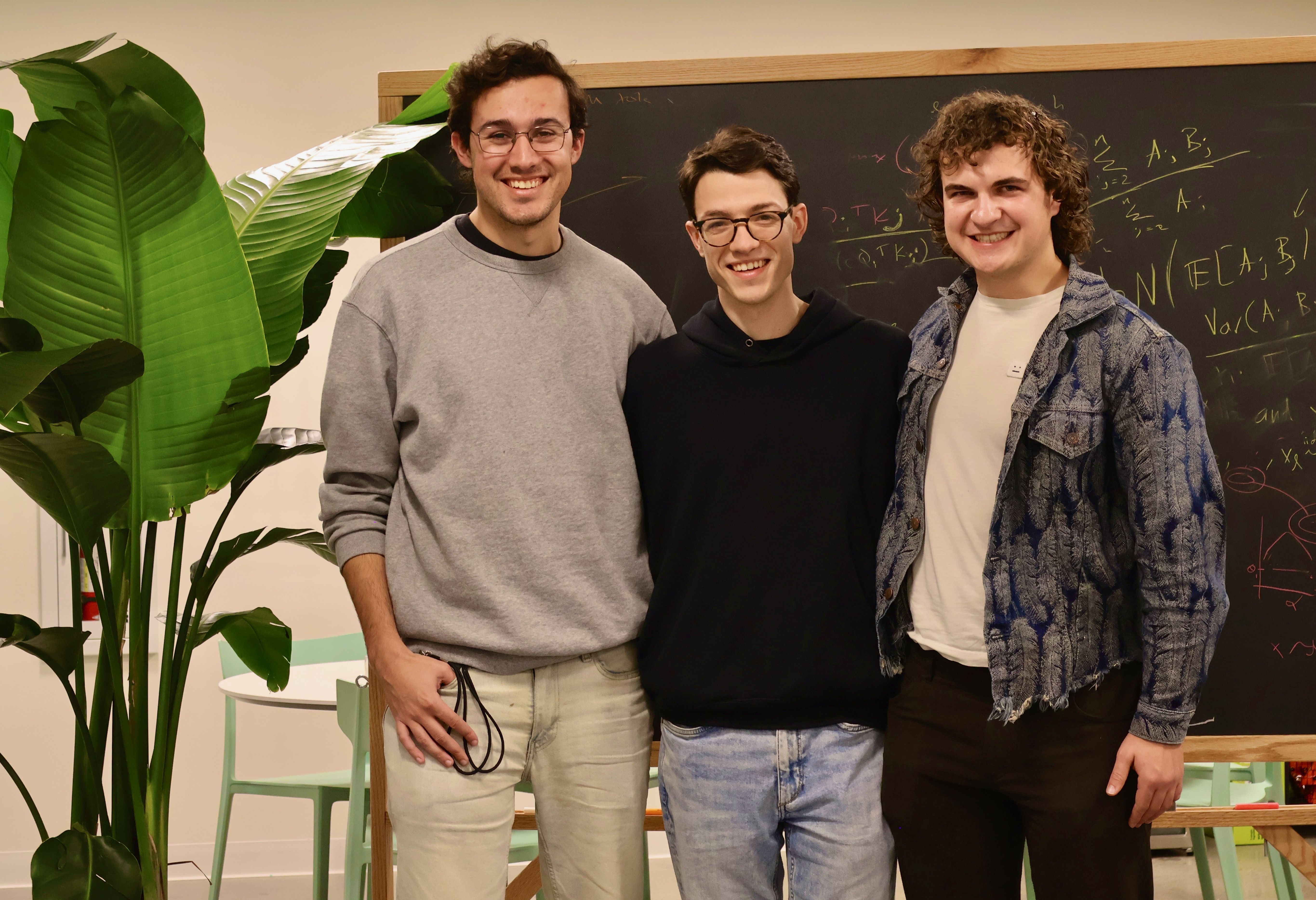
-
